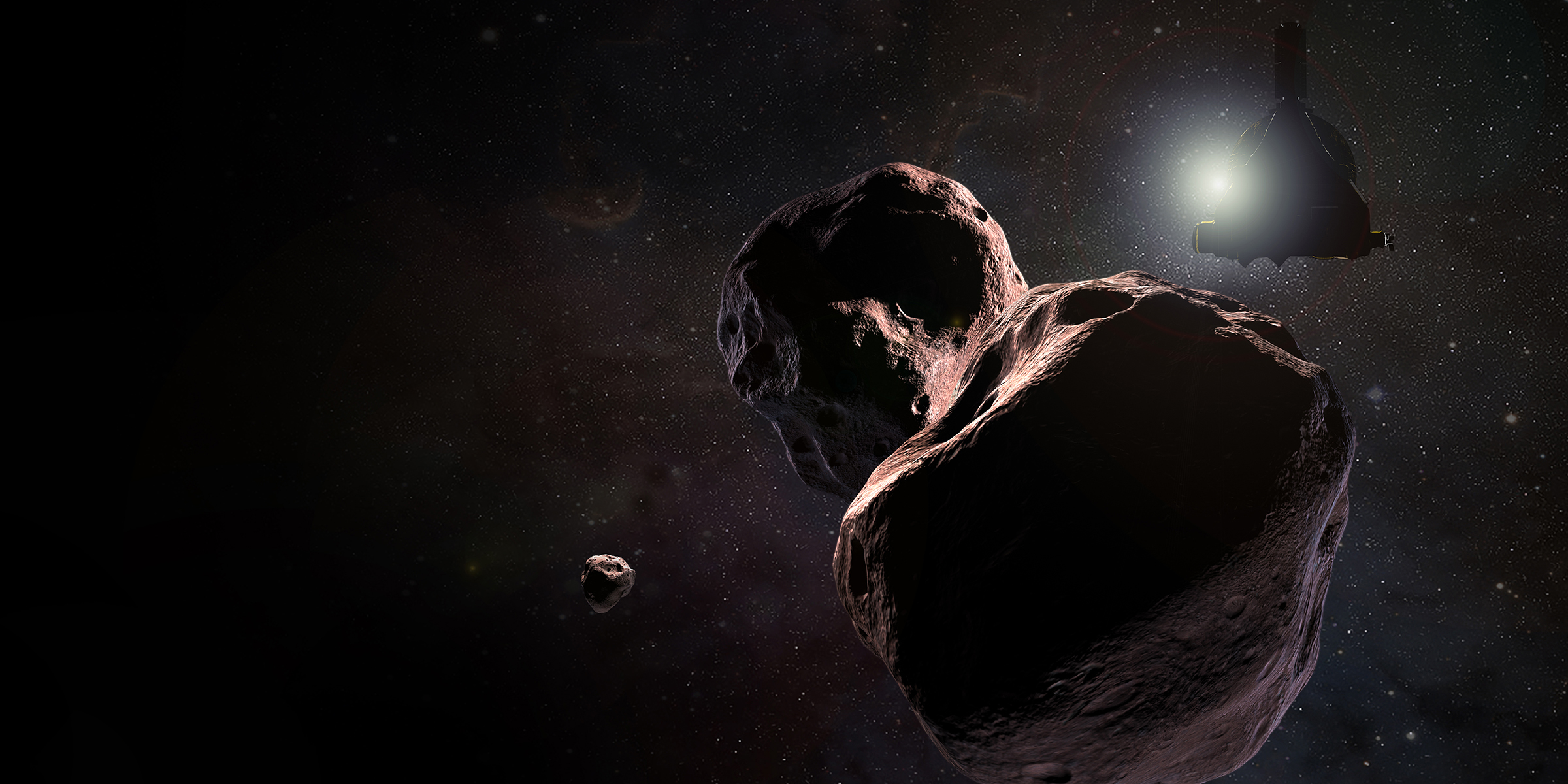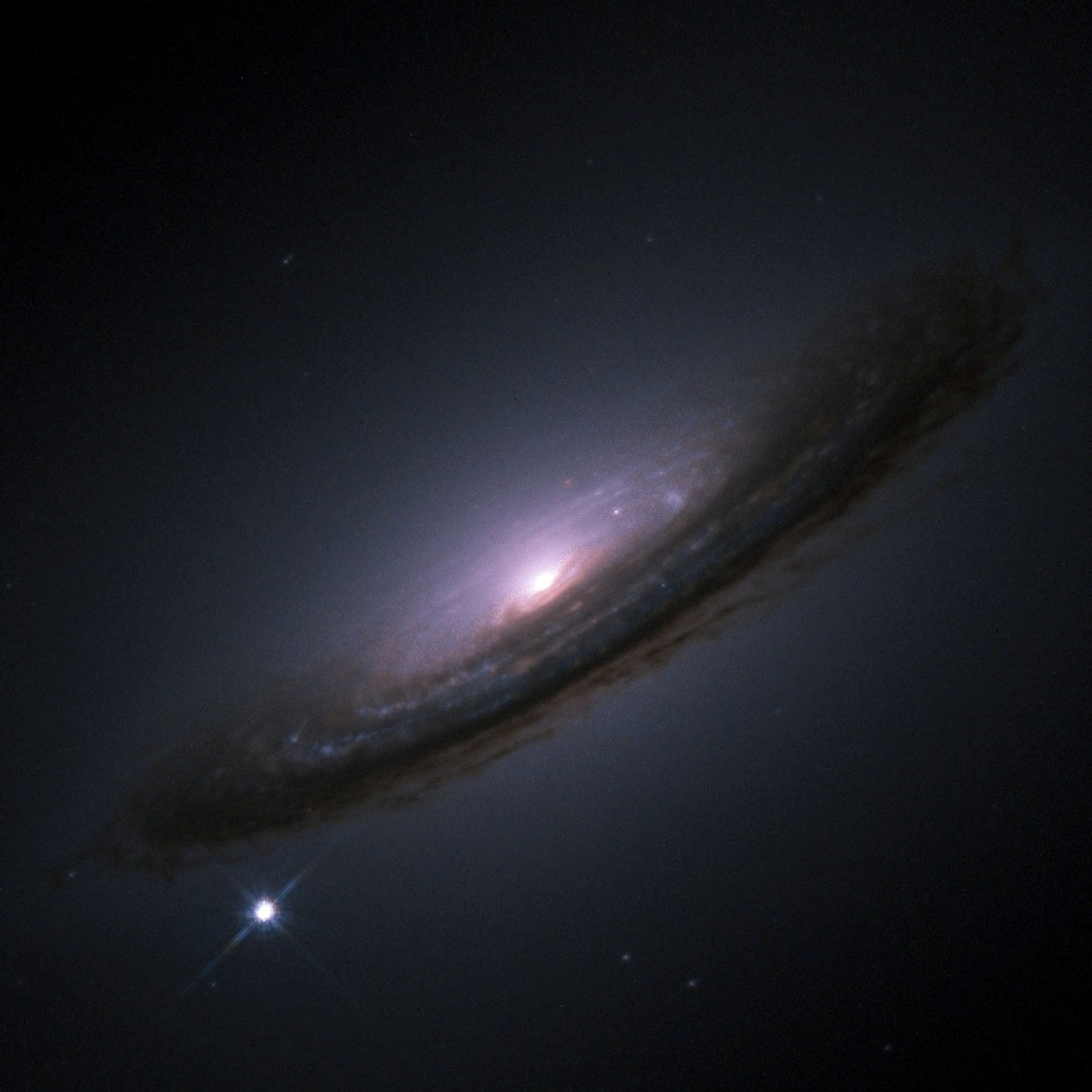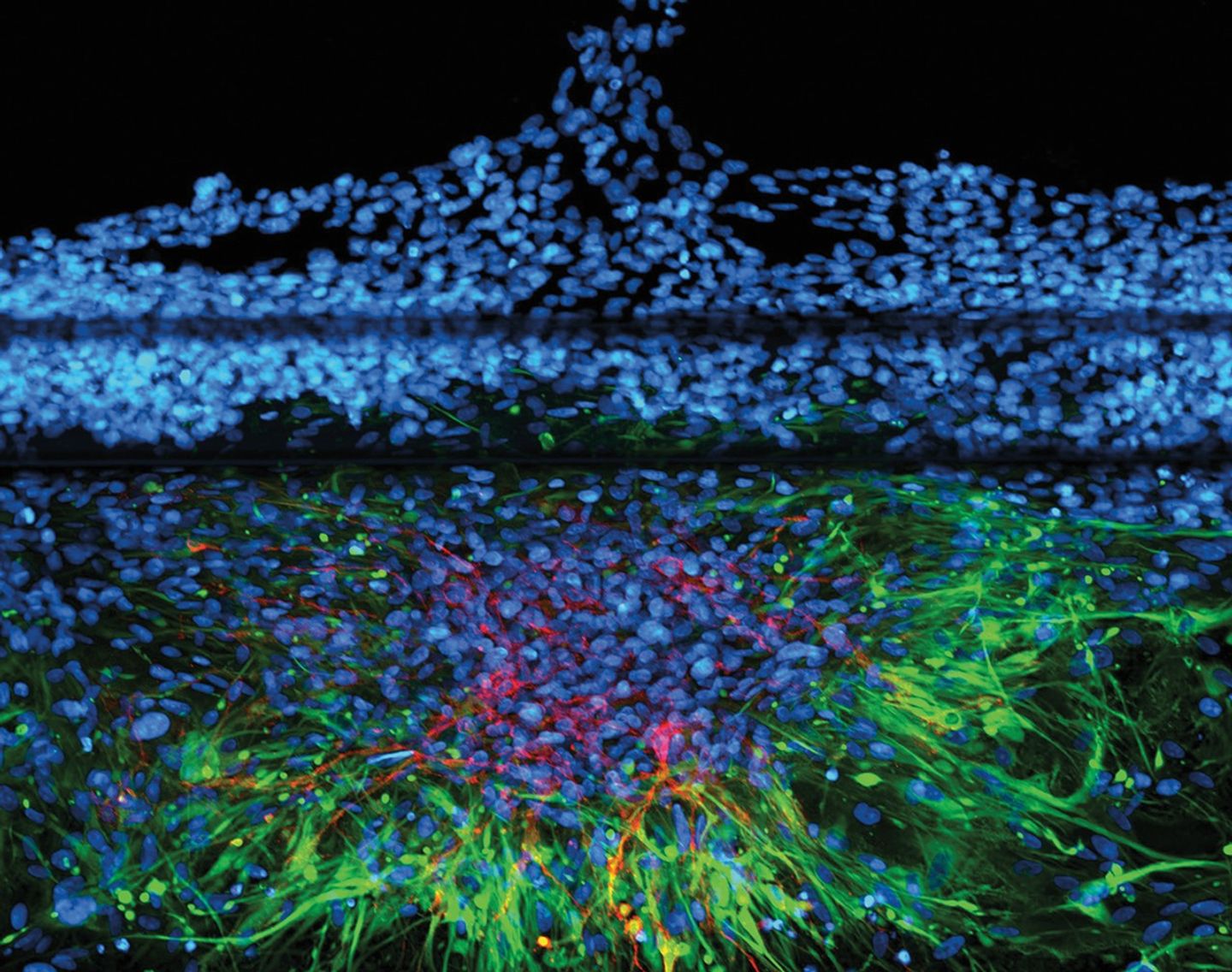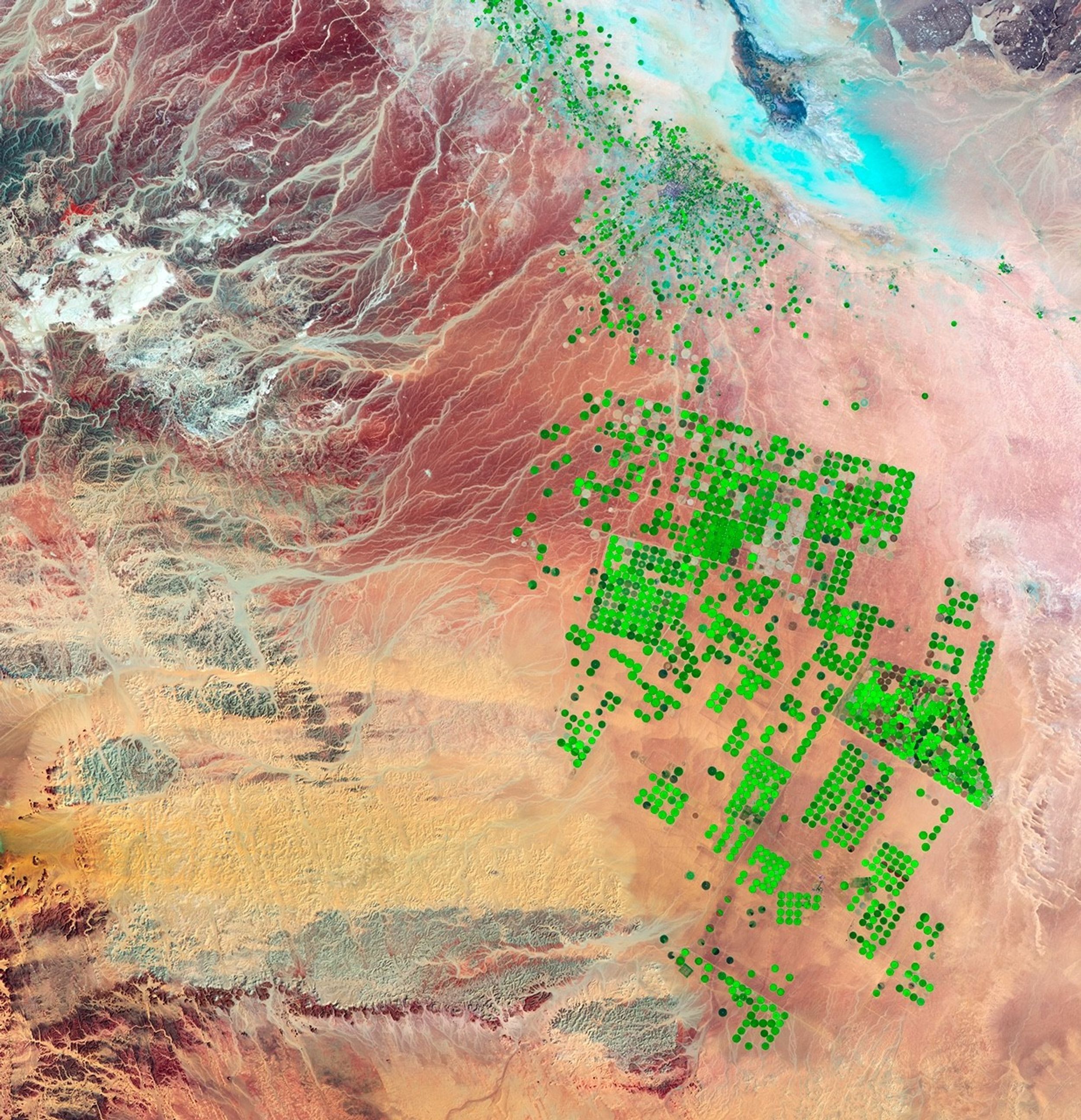
Open Science at NASA
NASA is making a long-term commitment to building an open science community over the next decade. Open science is a collaborative culture enabled by technology that empowers the open sharing of data, information, and knowledge within the scientific community and the wider public to accelerate scientific research and understanding.
Open Principles
The principles of open science are to make publicly funded scientific research transparent, available, and reproducible. Advances in technology, including collaborative tools and cloud computing, help enable open science, but technology alone is insufficient. Open science requires a shift to a more transparent and collaborative scientific process, which will increase the pace and quality of scientific progress.
Open science Facts
Open Science Features and Events
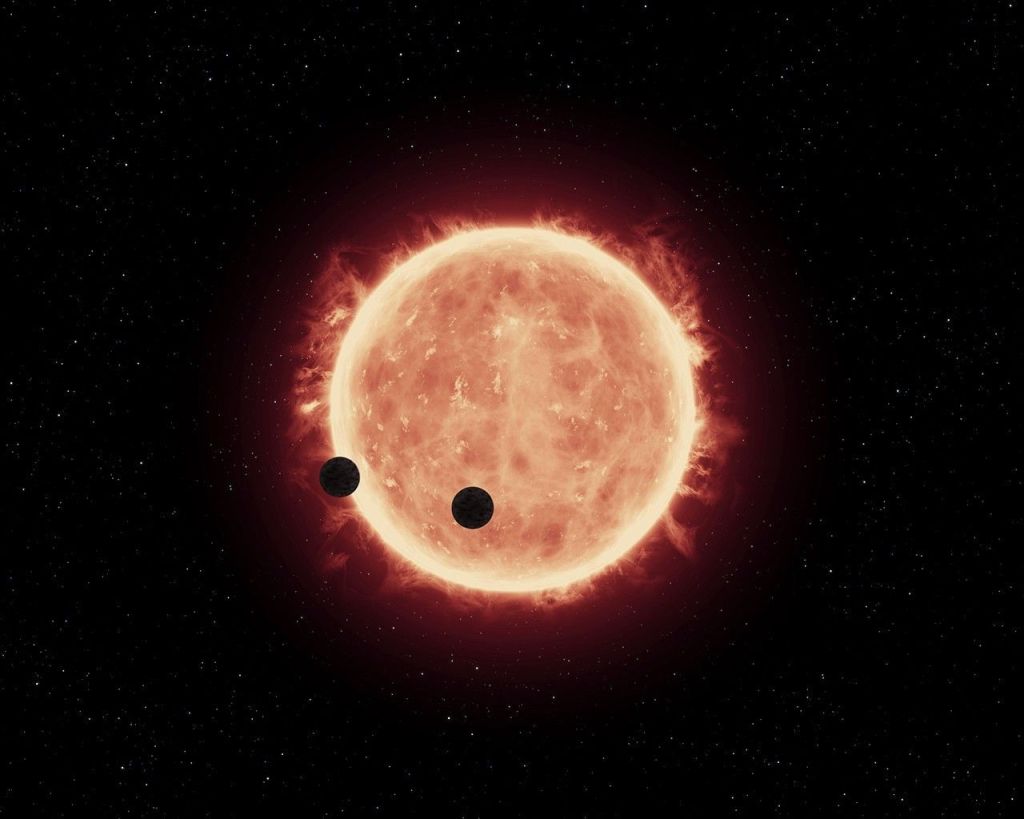
NASA AI Model That Found 370 Exoplanets Now Digs Into TESS Data
Trained on open data from NASA's exoplanet-hunting missions, the open-source ExoMiner++ deep learning model validates new planets with its algorithm.

OCSDO Releases Year in Review 2025 Newsletter
The Office of the Chief Science Data Officer (OCSDO) shared its annual accomplishments in promoting NASA science data discovery and innovation.
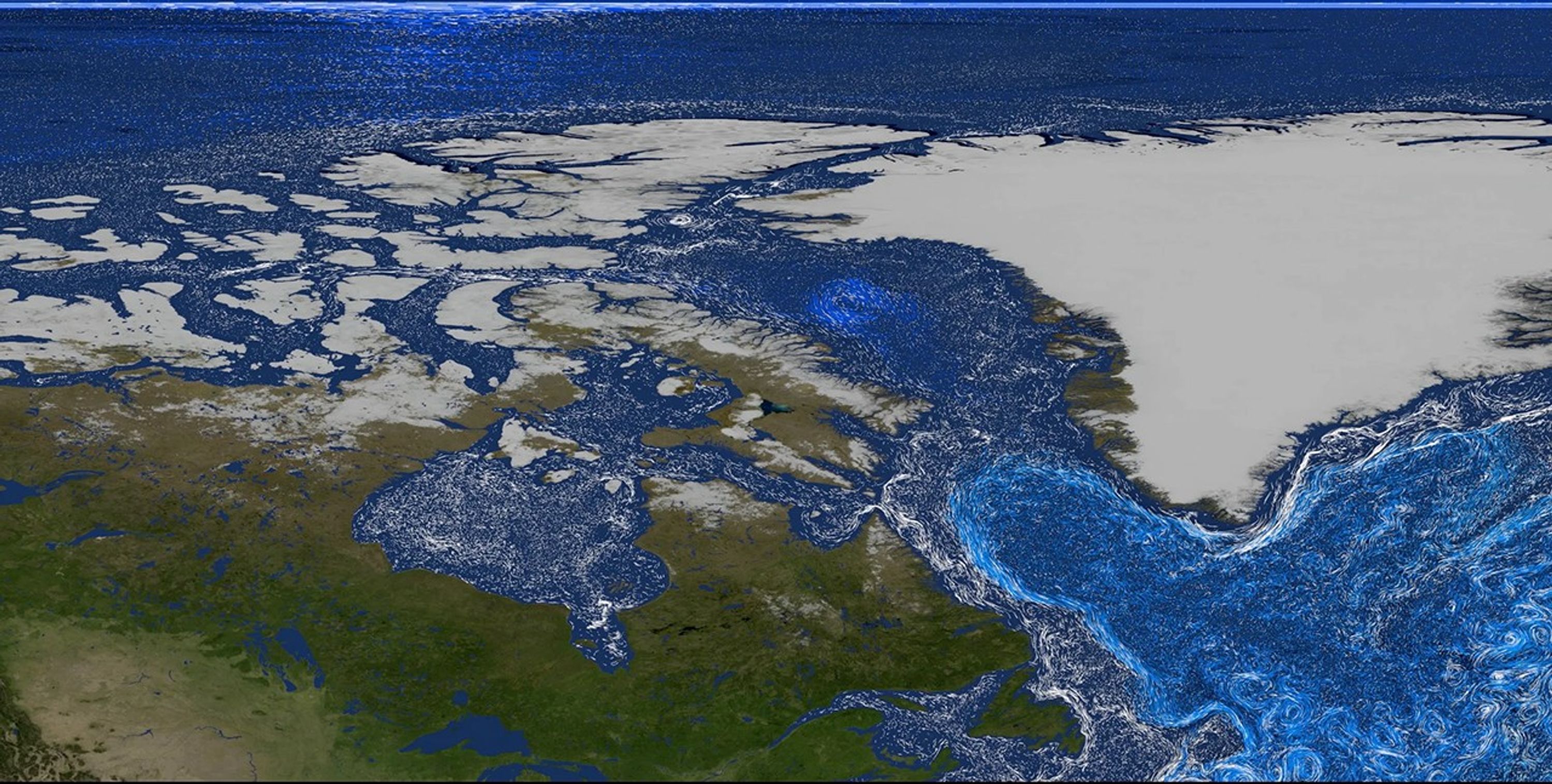
NASA Supercomputers Take on Life Near Greenland’s Most Active Glacier
Scientists used open NASA satellite data and the agency's supercomputing resources to understand how Greenland's retreating ice fuels tiny ocean organisms.

New Study Uses Open Data to Find Treatments for Space Radiation
Dr Afshin Beheshti shares how his team used several datasets from NASA's Open Science Data Repository to study treatments that could reduce the harmful effects of space radiation on astronauts.
Subscribe to the NASA Open Science Newsletter
Get monthly news and updates about NASA open science initiatives.
We will never share your email address.
